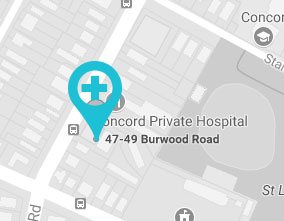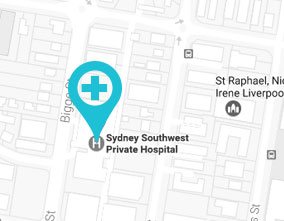Hospital Care
After the surgery, you will wake up from the anaesthesia in a recovery room or intensive care unit (ICU) and may feel slightly disoriented. The nurses and doctors around you will tell you that you have undergone surgery. You will feel very tired at this moment and so the nurses and doctors will encourage you to rest for some more time.
Once the effects of the anaesthesia wear off completely, you will be awake and find yourself lying on your back. Members of your surgical team will come and ask you to respond to some simple orders, such as “Wiggle your fingers and toes” or “Take deep breaths” to check that you are all fine.
In addition to the intravenous (IV) tube in your arm that was inserted before the surgery for providing fluids to your body during your hospital stay, you may now also have a catheter tube (Foley Catheter) placed into your bladder to drain urine from your body. The catheter eliminates the need for you to get up and go to the bathroom and also helps the doctors and nurses to monitor how much urine your body is producing. The catheter will be removed when you are able to get up and can use the bathroom normally.
After the surgery, you will continue to receive fluids through the IV inserted in your arm until you are able to tolerate regular liquids. Your diet will then be gradually changed from clear fluids to full liquids (including gelatine) and to small amounts of solid food until you are ready to return to a regular diet. As proper nutrition is very crucial for your body to restore the damaged tissues and return to normal, your surgeon may either restrict what you drink and eat, or place you on a special diet.
Regarding the physical activity, with most spinal surgeries it is no longer recommended that you lie in bed for weeks after spine surgery. In most cases, your surgeon will ask you to get out of bed on the first or second day itself after your surgery. Initially, in your first few “trips” out of bed, nurses and physical therapists will assist you with this activity until you feel comfortable enough to get up and move around on your own.





